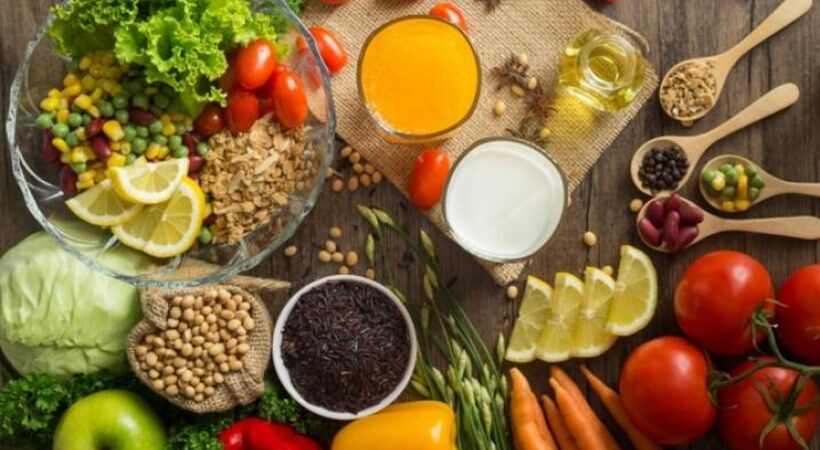Gastronomy happens to be an all-encompassing concept regarding food. It pertains to the style of cooking, the art of food selection, the chemistry behind food combination and consumption, cuisine related to a particular local region and the entire process involving the production of food till the time it is being served on our plate.
Linking sustainability to gastronomy is a unique way to correlate both by factoring in aspects of society, economy and the environment. So, sustainable gastronomy happens to be the cuisine that considers source of ingredients, way the food is grown and how it reaches our markets and finally to our tables.
It all began in a historic UN Summit by world leaders in 2016 to adopt the 2030 Agenda for Sustainable Development with 17 goals, where Goal 2 (Zero Hunger), Goal 3 (Good Health and Well Being) and Goal 12 (Responsible Consumption and Production) apply to our subject of discussion.
Goal over here implies that there would be some aims /targets to achieve by 2030, as intended by United Nations. Conceptualizing “sustainable gastronomy” is facilitated by 3 organizations; United Nations Educational, Scientific and Cultural Organization (UNESCO), the Food and Agriculture Organization (FAO) and the UN General Assembly.
To propose few examples, taken by these UN bodies –
UNESCO launched a network of Creative Cities, which were tasked with facilitating and popularizing the concept of sustainable gastronomy.
Promoting clean energy for commercial hubs and restaurants (use of natural gas and electricity instead of coal or firewood)
Maximising public awareness on sustainable gastronomy through shows, TV food channels, traditional food exhibitions, cultural shows focusing on the food industry and farmers.
Encouraging locally grown foods, eating and developing an appetite for seasonal veggies and fruits discarding the off-season variant.
Read More: 10 Things You Must Know About Covishield Dosage Gap
The Food and Agricultural Organization (FAO) came up with a beautiful tagline “be adventurous in your tastes, be local in your choices”. According to their report, eating local foods that have been produced with sustainable resources makes a huge difference to our livelihoods, environment, and boosts the economy as well. Besides, globally its documented that 1/3rd of food produced is either lost or wasted.
The 4 golden rules proposed by FAO which should be adhered to by everyone in the world–
- Supporting our farmers.
- Choosing local food while travelling.
- Keeping culinary traditions alive.
- Avoiding food wastage.
The dream of Zero Hunger by 2030 looks a bit unrealistic to achieve at present but at least we can contribute in our own ways to eradicate starvation as quickly as possible.



















